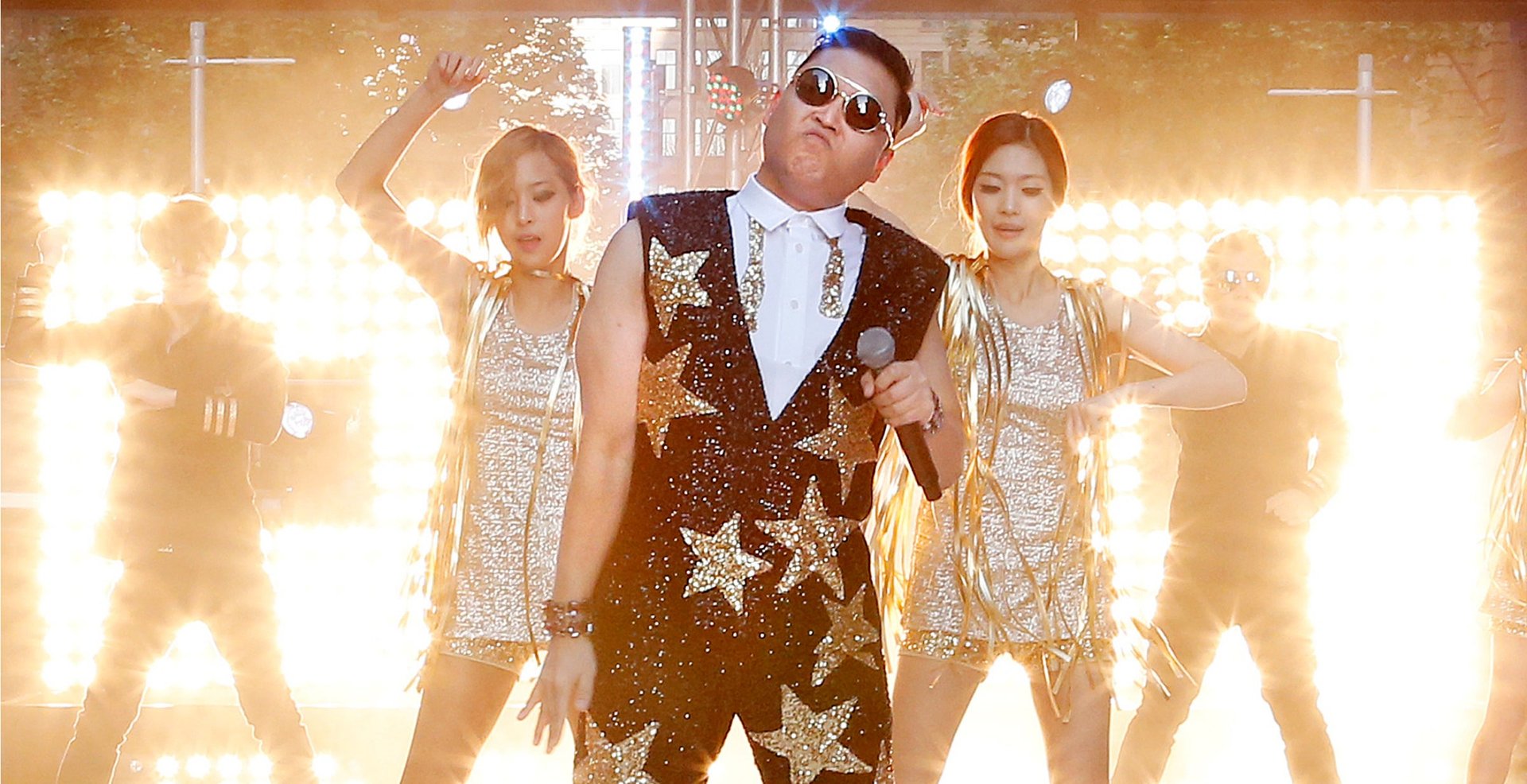The next Viacom will build its empire on YouTube stars
There used to be one way to break out of obscurity on YouTube, and that was on your own. Now there are a growing list of people, companies, and networks to help you do it. The question web video creators are starting to ask, though, is if this represents a radical new stage in online entertainment—or if it’ll be more like old Hollywood’s sequel.


There used to be one way to break out of obscurity on YouTube, and that was on your own. Now there are a growing list of people, companies, and networks to help you do it. The question web video creators are starting to ask, though, is if this represents a radical new stage in online entertainment—or if it’ll be more like old Hollywood’s sequel.
“They’re building these networks off the backs of the up-and-coming creators,” producer Benny Fine told a packed conference room yesterday at VidCon.
Fine is part of the Emmy-winning Fine Brothers Productions, and VidCon is the largest annual event for online video fans, creators, and industry. VidCon is on now at the Anaheim Convention Center, featuring panels with titles like “Networks, Independents and Everything in Between.” Benny, and his brother, Rafi, spoke on that panel yesterday, and have worked as independent creators as well as with large video networks.
In the online video world, “multi-channel networks” function as a talent agency and TV network combined. Some networks, like Fullscreen, which was part of VidCon’s opening keynote, see themselves as creating the Viacoms of our digital era. But where this differs from Viacom is that, in online video, “channels” are people or small teams.
So if you’re a video creator with a YouTube channel, the idea is that you give a network a cut, and in theory, the network helps you earn more money because of its contacts, consulting, production, or special tech tools. In the past year, even traditional media companies like Time Warner, Comcast, and DreamWorks invested in multi-channel networks through partnerships, or acquisitions.
“It’s supposed to change the way media is done,” Benny Fine says about online video, in an interview before the conference. “Instead, it’s becoming very, very traditional inside of new media.”
These days, it gets even more “traditional” than partnerships with multi-channel networks. More YouTube stars are now getting bought out in full by media companies. Barry Blumberg, a former exec at Disney TV, makes these kind of deals at Alloy Digital, in Beverly Hills. His reasoning for full acquisitions is that they allow more control in expanding YouTube stars beyond YouTube into other media, such as TV and film.
“You have to own the underlying intellectual property to be a long player in the game,” Blumberg says.
One of Blumberg’s stars is Smosh—a comedy duo and YouTube channel. Smosh has an array of spinoff channels and the most number of subscribers on the YouTube platform.
At VidCon this year, there’s a lot of debate about control and who should have it as different business models emerge. That’s because more money and more established players are showing up for what has been a pretty open and wild party so far.
Hank Green, the head and co-founder of VidCon, worries about setting the right tone and business precedents now, in favor of creators.
“We are defining this medium day by day. And we’re defining the industry, and we’re defining how we’re going to do business,” Green told me. “There’s sort of a lot riding on every decision every creator makes right now.”